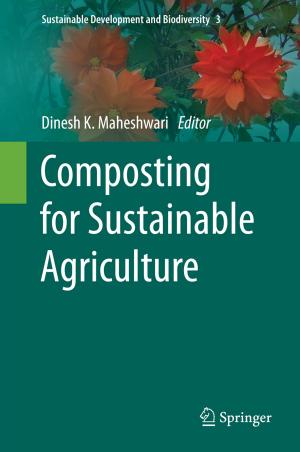Property, Family and the Irish Welfare State
Nonfiction, Social & Cultural Studies, Political Science, Government, Social Policy, Social Science, Sociology| Author: | Michelle Norris | ISBN: | 9783319445670 |
| Publisher: | Springer International Publishing | Publication: | November 9, 2016 |
| Imprint: | Palgrave Macmillan | Language: | English |
| Author: | Michelle Norris |
| ISBN: | 9783319445670 |
| Publisher: | Springer International Publishing |
| Publication: | November 9, 2016 |
| Imprint: | Palgrave Macmillan |
| Language: | English |
This book examines the long-term development of the Irish welfare state since the late nineteenth century. It contests the consensus view that Ireland, like other Anglophone countries, has historically operated a liberal welfare regime which forces households to rely mainly on the market to maintain their standard of living. Drawing on case studies and key statistical data, this book argues that the Irish welfare state developed differently from most other Western European countries until recent decades.
Norris's original line of argument makes the case that Ireland’s regime was distinctive in terms of both focus and purpose in that Ireland’s welfare state was shaped by the power of small farmers and moral teaching and intended to support a rural, agrarian and familist social order rather than an urban working class and industrialised economy. A well-researched and methodical study, this book will be of great interest to scholars of social policy, sociology and Irish history.
This book examines the long-term development of the Irish welfare state since the late nineteenth century. It contests the consensus view that Ireland, like other Anglophone countries, has historically operated a liberal welfare regime which forces households to rely mainly on the market to maintain their standard of living. Drawing on case studies and key statistical data, this book argues that the Irish welfare state developed differently from most other Western European countries until recent decades.
Norris's original line of argument makes the case that Ireland’s regime was distinctive in terms of both focus and purpose in that Ireland’s welfare state was shaped by the power of small farmers and moral teaching and intended to support a rural, agrarian and familist social order rather than an urban working class and industrialised economy. A well-researched and methodical study, this book will be of great interest to scholars of social policy, sociology and Irish history.















